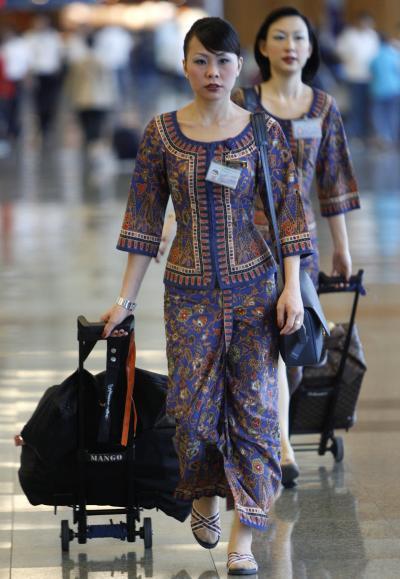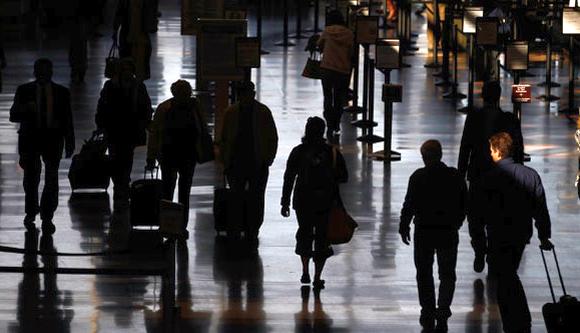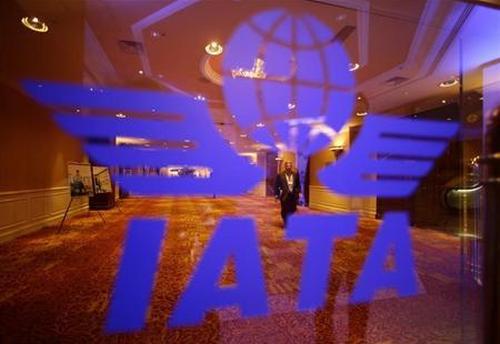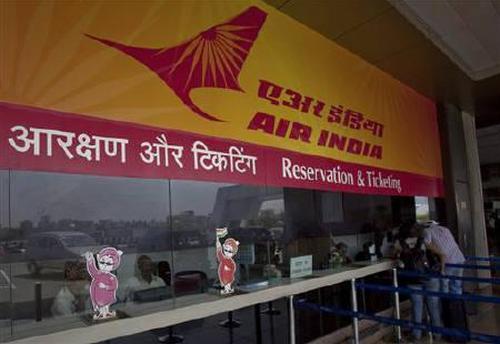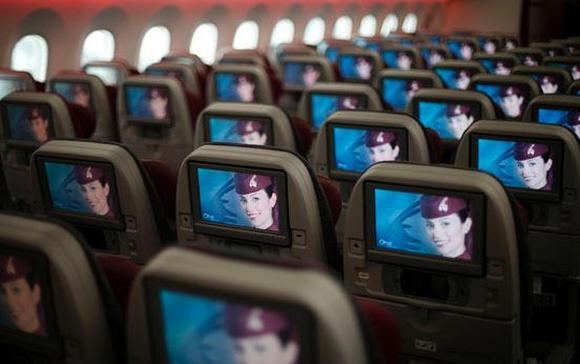 | « Back to article | Print this article |
Why travel agents are defaulting on crores of payments
Bankruptcies are rare in the travel sector. Which is why when Delhi-based Spring Travels defaulted on a payment of over Rs 120 crore (Rs 1.2 billion) to airlines for ticket sales, it took everyone by surprise.
But this wasn't the first sign of the crisis. The first came last year, when the owner of Raj Travels, Lalit Sheth, committed suicide because of financial problems.
In recent years, bricks-and-mortar travel agents, traditionally dependent on airlines for the bulk of their business, have been struggling to survive with commissions shrinking and profit margins falling as most large carriers have reduced their reliance on agents.
Airlines are rethinking their distribution strategy to cut costs in the slowdown. As a result, commissions from ticket sales have fallen, putting travel agencies under pressure.
Click NEXT to read more...
Why travel agents are defaulting on crores of payments
Till a few years ago, agents were earning 9-10 per cent on ticket sales. Today, this has fallen to as low as 1 per cent in some cases (Air India and Jet).
Several European airlines have done away with commissions altogether and the transaction fee, which agencies could charge from passengers for no-frill tickets, too, has stopped.
The Supreme Court recently banned airlines from paying transaction fees to protect consumer interest.
Come July and the operating capital of travel agents is likely to squeeze further because of a proposal to reduce the billing cycle from 15 days to seven.
At present, travel agents registered with the billing settlement plan of International Air Transport Association (IATA) are required to make fortnightly payment for tickets sales. IATA then distributes this money to the airlines.
Click NEXT to read more...
Why travel agents are defaulting on crores of payments
This payment cycle will reduce to seven days from July, leaving travel agents with little cash in hand.
Over 2,600 travel agents are part of IATA's billing plan in India. The number of non-IATA agents is estimated at over 25,000.
Besides ticketing, these agents also provide additional services, such as hotel bookings, car rentals and visa assistance.
Their revenue source is two-fold -transaction and service fee from customers, and commission and productivity bonus from airlines.
In addition, agents earn incentives from the global distribution system (computerised reservation systems).
Click NEXT to read more...
Why travel agents are defaulting on crores of payments
The slowdown has also hit the bonuses for consolidators or wholesale ticketing agents who offer services to both business and individual consumers.
"Travel agents, especially the consolidators, are heavily discounting tickets in order to meet their productivity targets," says Rajinder Rai, director (South Asia) of United Federation of Travel Agents Association.
Consolidators have a network of sub-agents who help achieve their sales targets for a commission. At present, productivity bonus paid by airlines for international sectors range from 3 per cent to 6 per cent of annual sales.
These, too, have fallen by 0.5 to 1 per cent in recent years. Also, to be eligible for bonus, an agent has to commit annual ticket sale of at least Rs 1 crore (Rs 10 million).
"We get the productivity bonus only if we achieve the agreed target at the end of the year. We may earn something like 5 per cent on our sales but we have already distributed 4-4.5 per cent throughout the year to our agents," says a Mumbai-based travel agent. In some cases, the margins are lower, and even negative, he says.
Click NEXT to read more...
Why travel agents are defaulting on crores of payments
While commissions and productivity bonuses have fallen, competition has intensified because of numerous travel tools available online which offer services at highly-discounted price.
"In public domain, due to pressure from airlines, portals maintain a price discipline, but are known to resort to discounting in the business-to-business space. For the portals, the focus is customer acquisition with attractive price points," says aviation expert Manoj Chacko.
Online consolidators are also able to keep their costs under control because of effective use of technology.
Though the going is getting tougher, brick-and-mortar travel agents are confident that they are far from going out of business.
Click NEXT to read more...
Why travel agents are defaulting on crores of payments
"Customers still prefer to buy from us despite multiple options because we give them fair advice while booking tickets," says Pradip Lulla, general secretary of Travel Agents Federation of India. "I do not think agents will lose money if they do business diligently. Agents need to address their variable costs, reduce credit and encourage cash sales."
The real threat, he says, is from the proposal to reduce the payment cycle to seven days.
Travel agents are also reinventing themselves with the changing times. Two years ago, Manoj Gursahani, chairman of TravelmartIndia, decided to expand his business by promoting MICE (meetings, conference, exhibition, business) and holiday packages.
This was a strategy to overcome the problems of airline ticketing business and diversify the income source. Another large consolidator, Riya Travels, too, is increasingly focusing on holiday packages.
"We saw the trend coming," says Gursahani. "Airlines are bleeding and have reduced commission to cut down their loss. Earlier, 100 per cent of revenue was coming through airline ticketing. Now the proportion is 60 per cent from ticketing and the rest from tours and other products."
